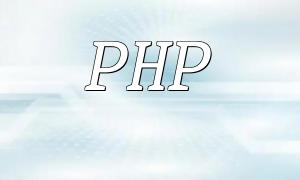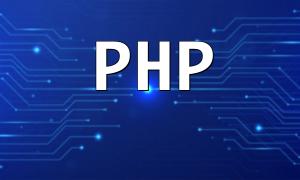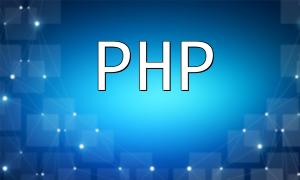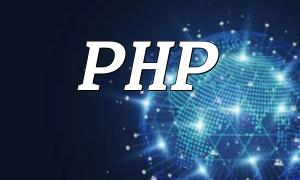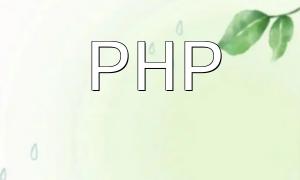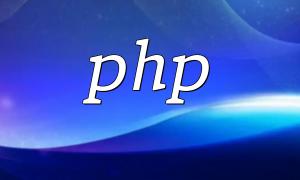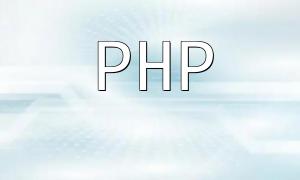PHP is a powerful scripting language widely used in web development. Utilizing PHP frameworks can simplify the development process, improve code quality, and increase project efficiency. This article introduces typical application scenarios of PHP frameworks in real projects, along with practical examples.
PHP frameworks often come with rich pre-built components and modules that reduce repetitive coding tasks, allowing developers to focus on business logic and significantly shorten development cycles.
Using the Laravel framework to develop a blog system, developers can efficiently handle database operations through the built-in Eloquent ORM, saving a considerable amount of time and effort.
PHP frameworks that follow design patterns and best practices produce clean and maintainable code. The modular architecture makes adding or modifying features easier and less risky.
Developing an e-commerce system with the CodeIgniter framework, the MVC architecture enables the team to efficiently manage and maintain different code modules.
PHP frameworks integrate multiple security mechanisms that effectively prevent common attacks such as CSRF and SQL injection, ensuring user data safety.
Building a financial application with the Symfony framework, leveraging its security components to implement user authentication, data encryption, and auditing features.
PHP frameworks support flexible plugin and extension mechanisms to meet the needs for new features and external service integrations as projects grow.
Creating an enterprise-level solution based on the Zend Framework, seamlessly integrating social login, file uploads, and data analysis via third-party plugins.
Mainstream PHP frameworks have active communities, with extensive documentation and tutorials that provide strong support for developers to solve problems and learn new technologies.
While developing a CRM system with Laravel, developers quickly found solutions through community forums, allowing the project to proceed smoothly.
Understanding the practical applications of PHP frameworks helps in selecting the right tools and approaches. Leveraging rapid development, maintainability, security, scalability, and community support enables developers to build high-quality and maintainable web applications.
